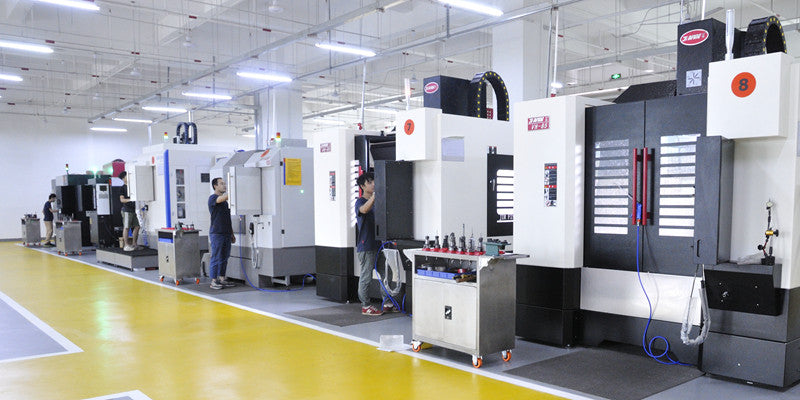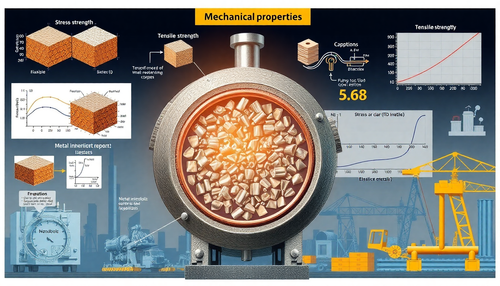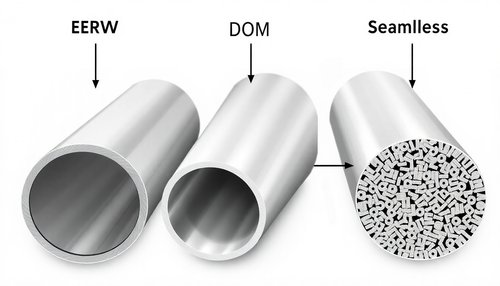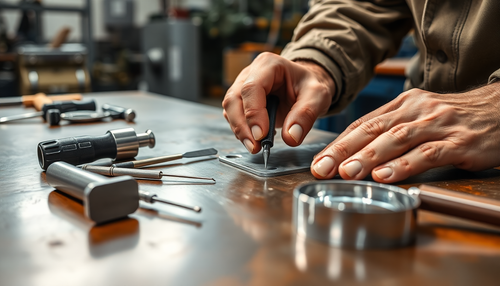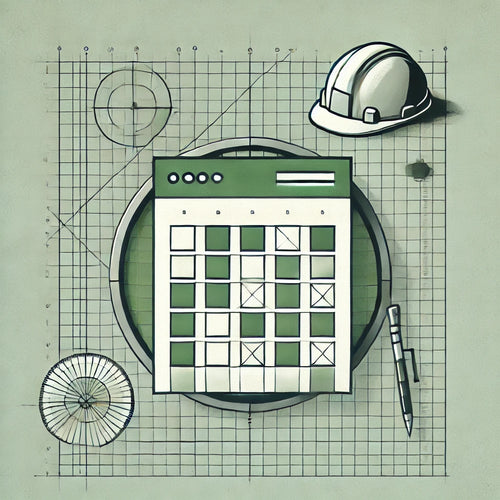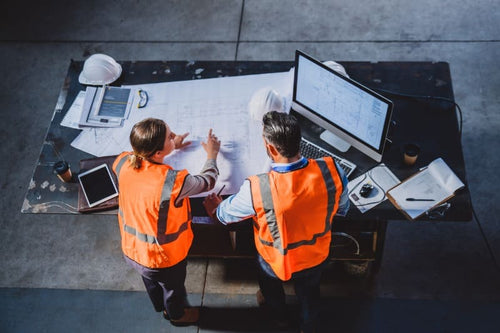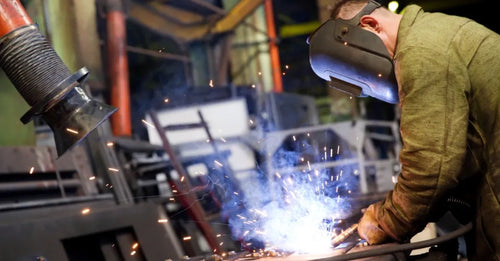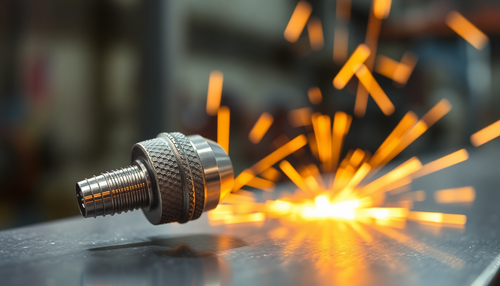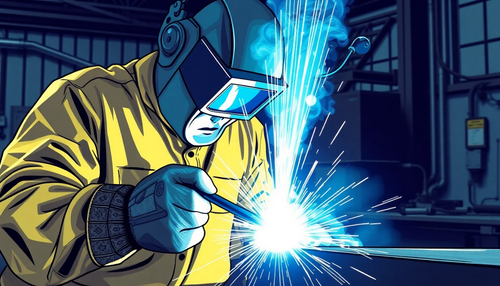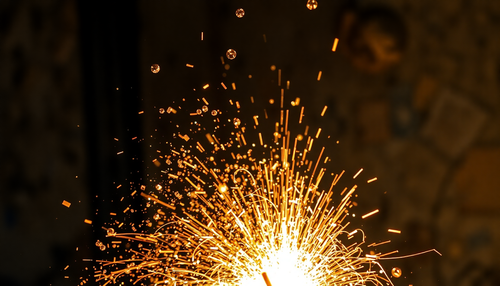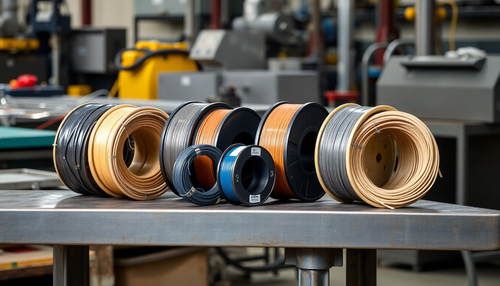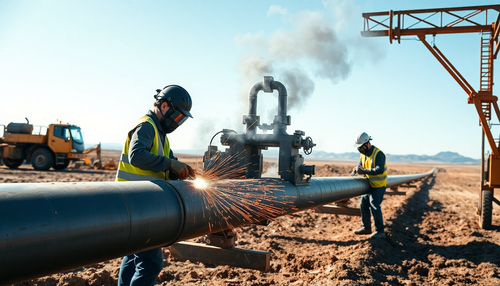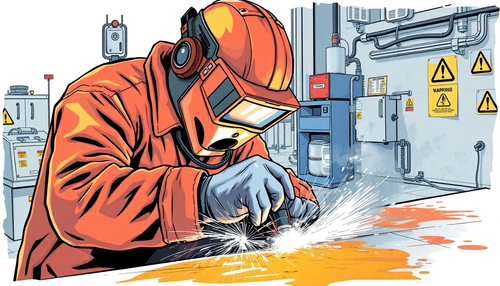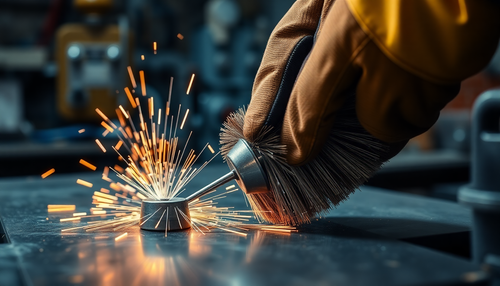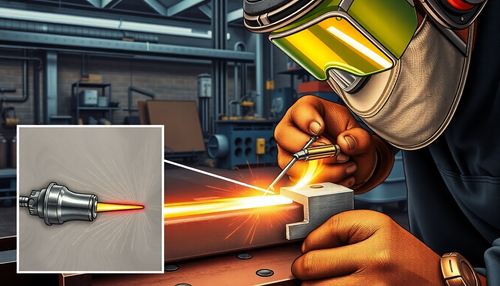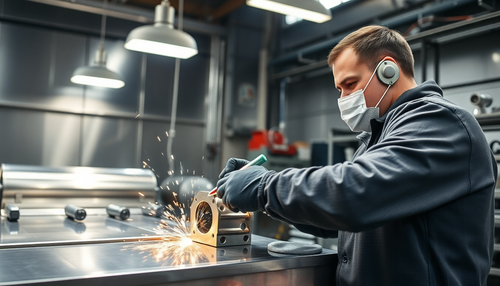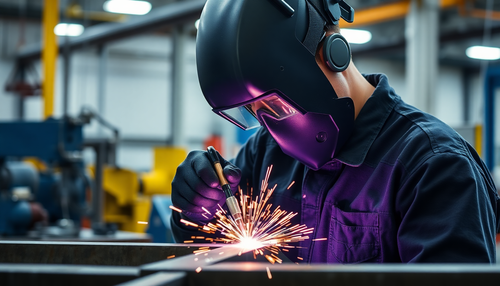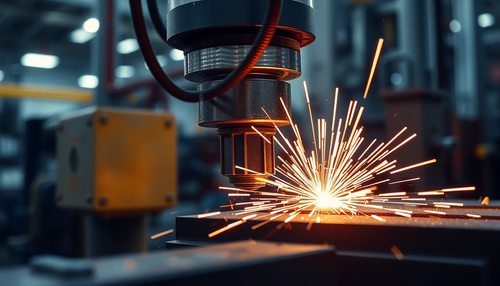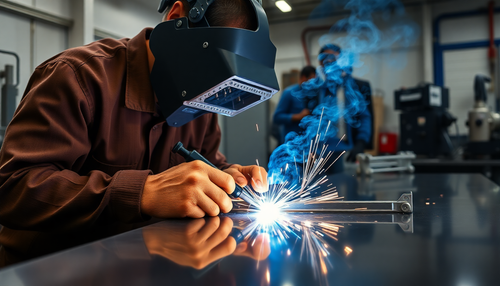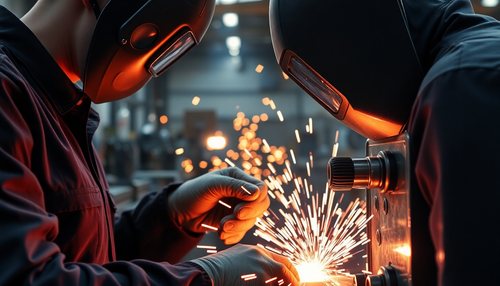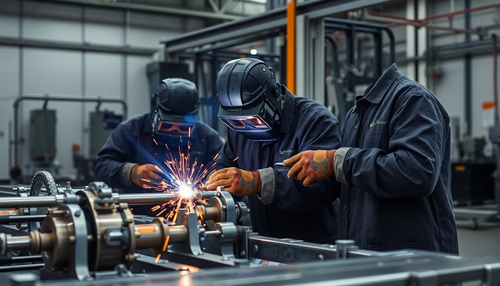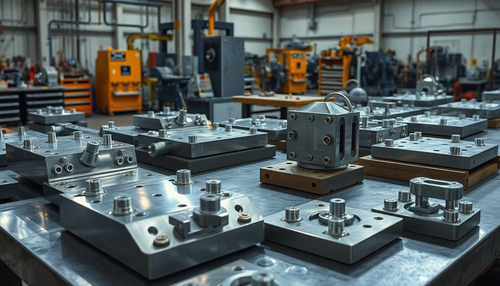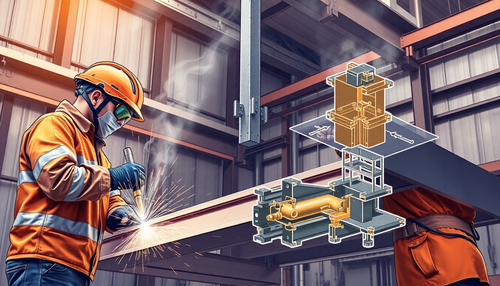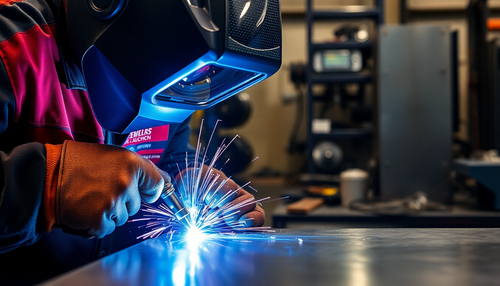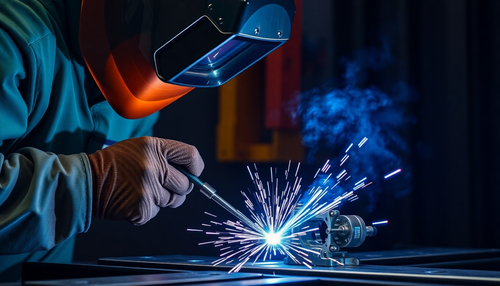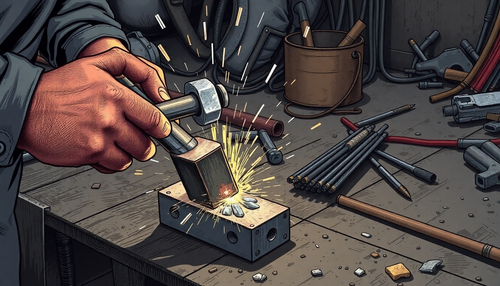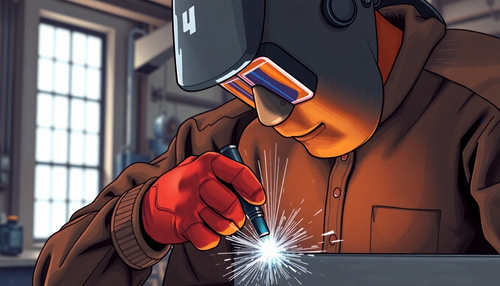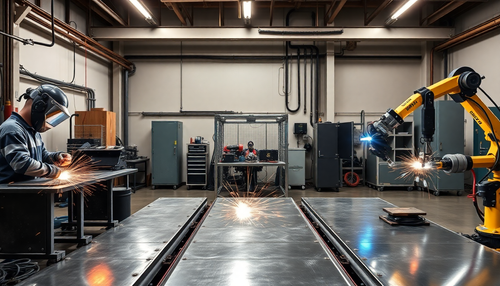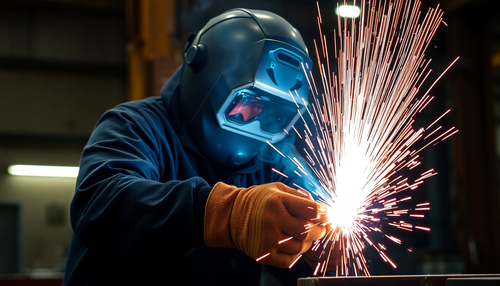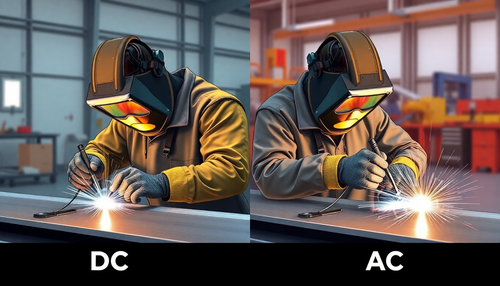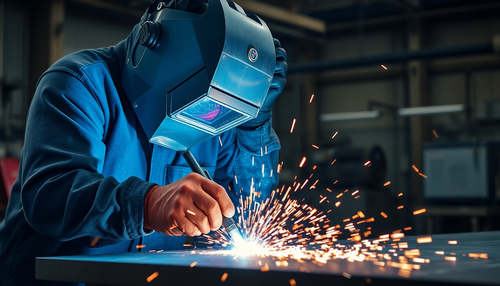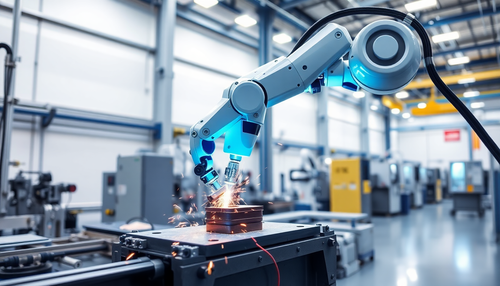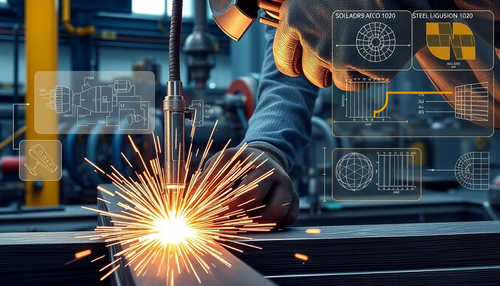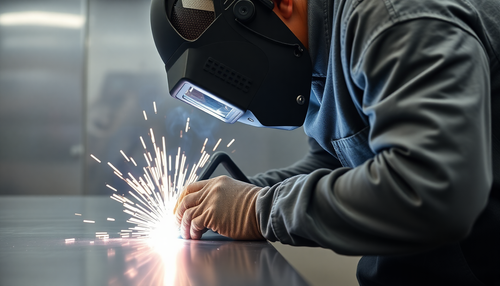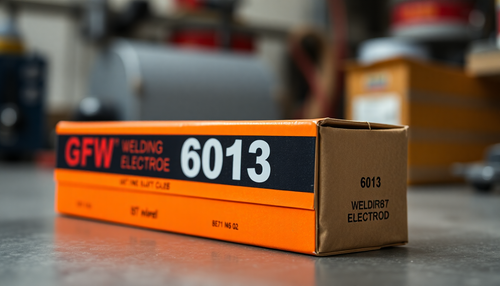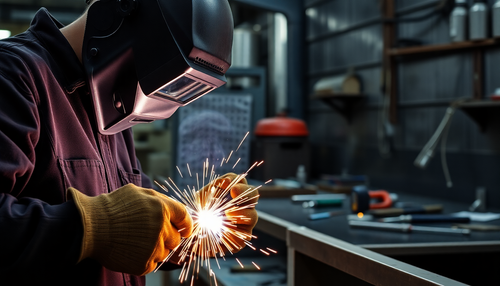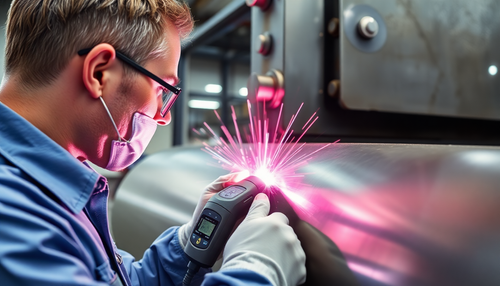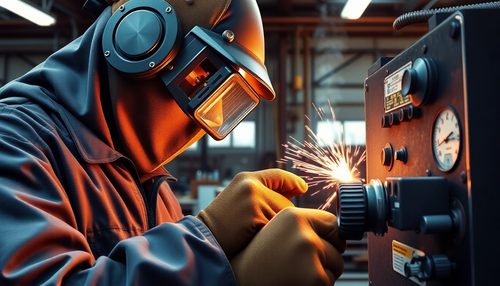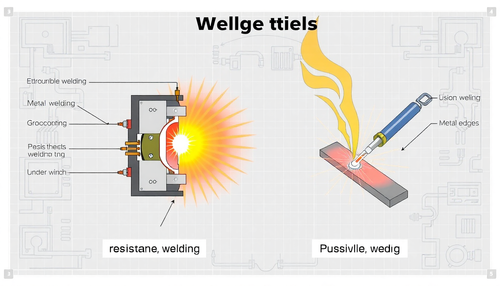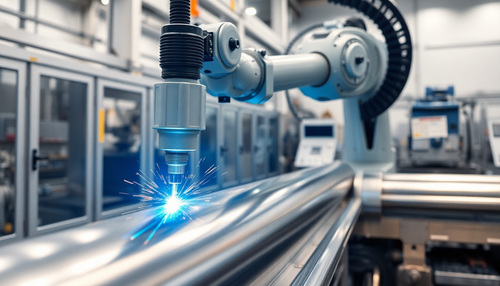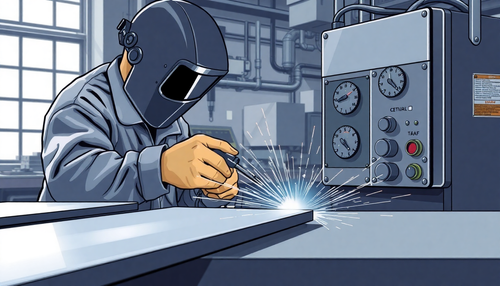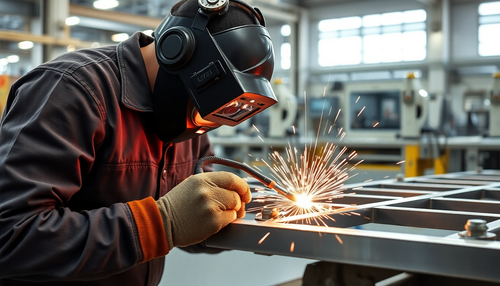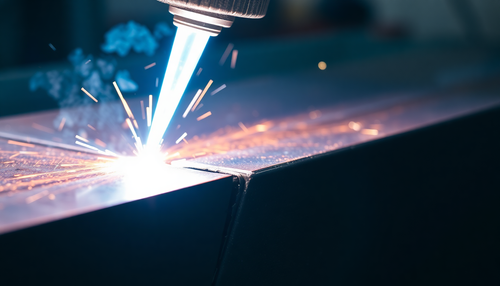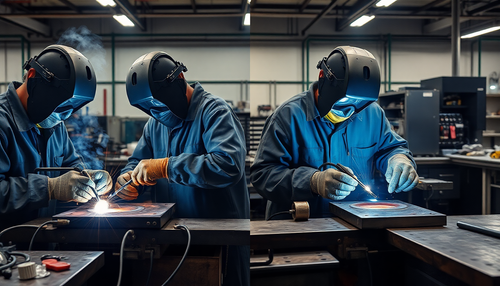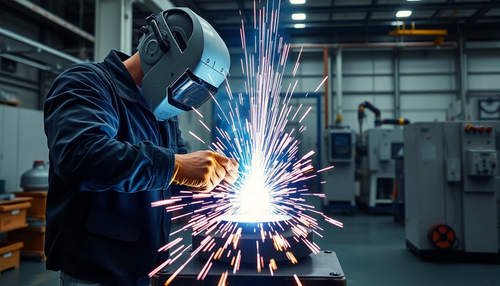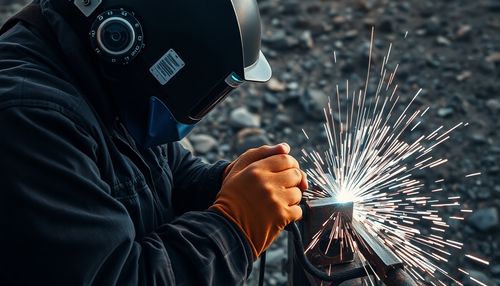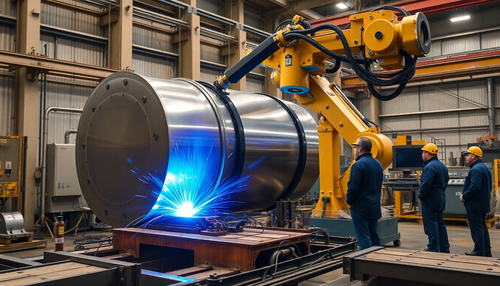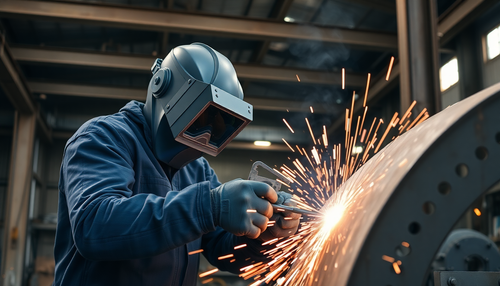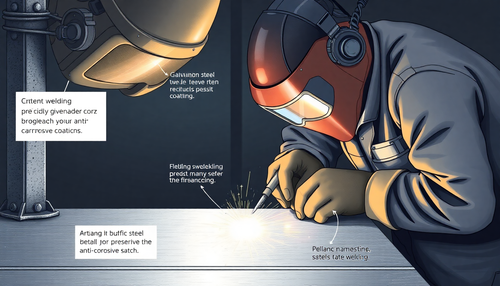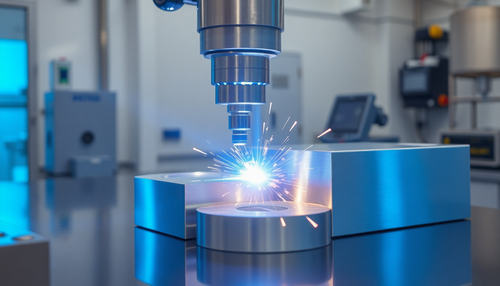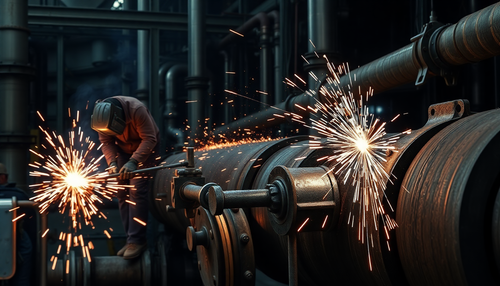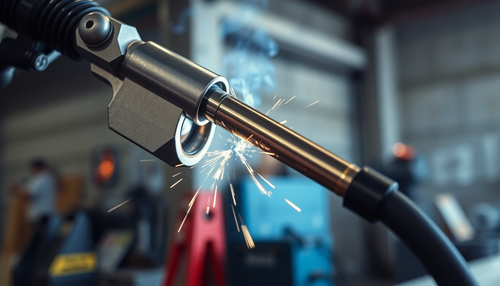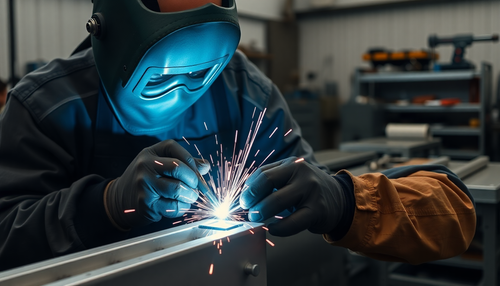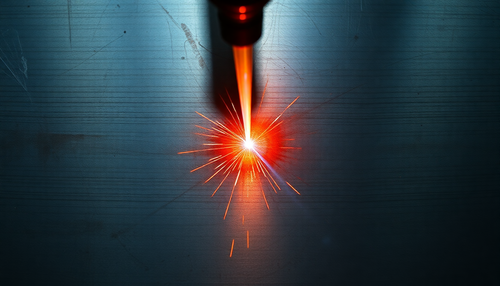
Changing market demands require faster, more accurate product manufacturing. CNC machine shops are a product of this industrial revolution. A CNC machine shop continually evolves and invests in technologies to achieve the highest efficiency in product production. They offer CNC machining services to different companies for different applications.
In this guide you will learn everything you need to know about CNC workshops and how to find the right partner for your manufacturing projects.

What is a CNC workshop?
A CNC workshop is a specialized facility or building where CNC machining operations take place. A workshop can be a large independent workshop or part of a larger factory dedicated exclusively to meeting customer needs and requirements. It houses several CNC machines used to machine various simple and complex parts using subtractive techniques.
The mechanical workshop uses materials such as plastic, metals, composites, wood, etc. to produce different special parts using various machining methods. Numerous industries including automotive, aerospace, medical, military and many others rely on CNC machine shops due to their massive on-demand manufacturing capabilities.
What will you find in a CNC workshop?
Although CNC machining shops vary in size and specialty, there are typical machines or equipment found in a standard shop. Here are some of them:

1. CNC milling machine
A CNC router is one of the most versatile machines you will find in a CNC shop. This machine is often used for subtractive machining operations. The milling machine uses a rotating cutting tool to remove material from various materials. The machines have several milling cutters with 3, 4, 5 and 6 axis configurations. This allows the milling machine to perform various cuts, from threading to grinding.

2. CNC lathe
In general, a lathe is a machine operated manually by a machinist. However, CNC lathes (computer controlled lathes) are often used in CNC machining shops. They work in exactly the opposite way to a milling machine. When using a lathe, the part material rotates while the cutting tool moves around the part in a linear pattern, making specific cuts. These CNC lathes are commonly used for grooving, facing, knurling and grinding work.
3. Grinder
A grinding machine uses a high-quality grinding wheel made of small hard particles to remove thin layers of material and produce a very accurate dimension with an excellent or mirror-like surface finish. Such operations are used for high precision parts and are only recommended for IT 7 tolerances or higher. They are expensive and time-consuming.
4. Drilling machine
It is a drill with precise movement, often controlled by a lever. A drill is more stable and more powerful than hand drills. Although the drill press works similarly to a regular press, it can also be used for other manufacturing operations besides drilling holes.

5. EDM Equipment
Electrical discharge machines are used in a machining process that uses electrical current to erode or vaporize particles from the surface of a part's material. The EDM process is an ideal solution for machining hardened parts because it does not apply any force to the parts. Surface Processing Tools
When parts are finished, it is sometimes necessary to obtain additional properties. For example, mirror surface textures, colors, shine or smoothness. All of this requires special handling, so a good CNC shop will typically have at least a small number of post-processing equipment. Some CNC shop manufacturers also offer polishing, sandblasting, and anodizing services.
6. Band saw
A band saw is a multifunctional cutting machine designed to make straight cuts in a workpiece. CNC shops use the band saw to break the raw material into smaller pieces before continuing cutting. Generally, CNC shops receive long bars and sheets that require certain cutting operations before machining. Machinists often use the band saw in such situations.
7. 3D Scanners
Machinists move the 3D scanner around the workpiece to capture its various parts and create a 3D model. This model allows manufacturers to quickly determine whether a part is compatible with a machining process. The process usually takes 3 to 4 minutes.
8. Coordinate Measuring Machine (CMM)
A coordinate measuring machine is a fundamental tool for obtaining high-quality results. Helps measure part geometry to ensure machined parts meet original dimensional requirements. CNC machining shops must confirm dimensions and tolerances along with other characteristics. Therefore, a coordinate measuring machine is essential to ensure the accuracy of virtually any geometry.
9. Micrometer and pin gauges
The micrometer is also an effective precision measurement tool. Manufacturers often use the micrometer to measure various dimensions such as thickness, length and depth of the machined part. It is more versatile and reliable than most measuring tools. On the other hand, pin gauges are ideal tools for checking the diameters and tolerances of small holes in a part.
Advantages of using a CNC workshop
CNC machining shops offer a wide range of benefits for different companies. Here are some of those benefits:

1. Accuracy and precision
A CNC workshop helps companies produce high-quality parts with greater accuracy and precision. The CNC machining workshop is the ideal partner for industries with strict demands for accuracy and precision in machined parts.
Additionally, some CNC shops offer 5-axis CNC machining, which allows the production of machined parts with high precision requirements.
2. Higher production speed
Many companies benefit from higher production speeds due to machine automation in CNC workshops. These machines maintain pre-programmed feeds and speeds and produce parts in small or large quantities in shorter cycle times.
CNC machines, such as 5-axis machines, perform manufacturing tasks faster and allow for faster part production. Therefore, CNC shops offer lean manufacturing, maximizing productivity and eliminating waste.
3. Reduced labor costs
Reducing labor costs is one of the many benefits of a CNC shop. Machines in CNC shops use automated (computer-controlled) machines to perform machining tasks.
Generally, these machines do not require any manual or human involvement in operation. As a result, one operator can manage multiple CNC machines over longer cycles, reducing overall costs.
4. Better product consistency
G-Code controls the movements of CNC machines in precision workshops. These CNC machines can accurately produce high-quality duplicated parts with tight tolerances because they follow a computer program. The ability of these CNC machines to iterate machined parts helps CNC shops improve the consistency of products to specifications.
Challenges of running a CNC workshop
Although CNC shops offer a variety of benefits to businesses, some challenges can hinder the success of a CNC shop. Here are some of those challenges:
1. High initial investment costs
The initial investment cost for operating a CNC workshop is generally high because CNC machines are not that cheap. This is a big challenge for new shops that are just starting out and don't have old equipment to update. Buying CNC machines is not as easy as buying consumables. Furthermore, running a CNC workshop is an investment that will only bring profit in the long term.

2. Shortage of qualified labor
Running a CNC workshop requires experienced operators to operate sophisticated CNC machines. However, shops are having difficulty finding better replacements for retiring operators. Workshops also face numerous difficulties in finding and training new employees.
3. Maintenance and repair costs
The cost of maintaining a CNC workshop is usually high because the machines used there are of the latest generation. When a CNC machine breaks down, it is often expensive to repair because it requires a complex combination of software and hardware to function properly. Therefore, solving a failure in these systems may require programming and mechanical knowledge.
4. Adapt to technological changes
With the advancement of technology, there are significant changes in the modeling and design standards of precision metal parts. Artificial intelligence and robotics have taken over tasks that could previously only be performed by humans. As a result, CNC shops and operators must adapt to technological changes to take advantage of them. Furthermore, the need for highly qualified operators to operate these new machines is increasing.
How to choose the right CNC workshop?
As a product developer or business owner, you don't necessarily need to own a CNC workshop. Therefore, you need to partner with a reliable CNC machining facility that offers the best machining options for your project needs. You need to consider these factors when you need a specific manufacturing service provider.
1. Competitive prices
A CNC machine shop charges different prices depending on experience, size, technology and other factors. Choosing the right CNC machining shop also includes finding a reliable manufacturing partner at a reasonable price. Although the cost of CNC machining can be a huge burden, compare prices from different machine shops. However, this should not have a negative impact on the quality of the machined part.
Note: Partnering with an auto body shop because they offer lower prices can be dangerous. Because a car repair shop that offers prices that are not profitable for them will inevitably offer low-quality products and services. This auto repair shop will certainly save money to increase its profit margin.

2. Quality and reliability
Work with a precision CNC workshop with experienced machinists, modern CNC machines and standard measuring equipment. This provides a high level of security regarding the quality of the processed parts. However, if you have any questions about an auto repair shop, call or visit the shop to see the facility in person before entering into a partnership.
A CNC shop with a wide range of manufacturing capabilities is better than one that has little or nothing to show for it. However, you should note that most machine shops do not always disclose their limitations. Therefore, it would be helpful to find a store that is more transparent about its limitations than a store that promises something but doesn't meet the needs of your project.
3. Processing time
Time is of the essence in any manufacturing business because time is money. It is crucial to work with a 5-axis machine shop that can save you costs and time. How quickly a CNC shop can deliver your product determines how quickly you can profit from your business.
A CNC machine shop can significantly reduce production time while providing the most cost-effective way to produce complex, high-quality parts quickly. So make sure the CNC machine shop you want to work with can deliver without delay.
4. Confidentiality
Confidentiality is an important feature to be aware of when working with a CNC shop. These prototype shops perform custom CNC machining and other manufacturing operations for companies. Therefore, these workshops must assure their customers that their projects are secure and confidential.
However, there are legal ways to guarantee confidentiality between customers and these workshops. You can ask your shop to sign a non-disclosure agreement (NDA) to verify everything before starting work. This way you can prevent your designs from being shared with third parties.
Still, don't hesitate to turn down an auto repair shop that isn't willing to sign a nondisclosure agreement.

5. Good communication
Most auto repair shops with good communication skills build strong relationships with their customers. You will find that they are easily accessible to handle all the details of your design through various means. Furthermore, they use an appropriate feedback mechanism and promote the development of the project.
Future trends in CNC workshops
CNC machining operations continue to advance significantly and can handle previously impossible tasks. Precision CNC machining is one of the fastest developing industries today. The question, however, is: what will the future of CNC machining companies look like? This section examines the likely future of CNC machining operations:
1. Technological progress
CNC shops use innovative machines to increase production accuracy and volume while eliminating downtime. These precision CNC machining equipment utilize specialized tools to produce customized products for customers. Consequently, these technological advancements improve the capabilities of a CNC machine shop.
2. Increased demand for customized products
CNC technology has simplified manufacturing, allowing a CNC machine shop to produce customized products for customers/buyers. Entrepreneurs continue to demand complex, customized products from their manufacturing partners.
However, thanks to advanced CNC technologies, machine shops can successfully deal with the growing demand for customized products. It is becoming increasingly easier for CNC shops to manage on-demand manufacturing regardless of volume and requirements.
3. Integration of artificial intelligence and robotics
The future of CNC shops lies in the integration of artificial intelligence (i.e. machine algorithms) and robotics. Manufacturing engineers are intelligent computers and robots, allowing machines to perform manufacturing tasks just like humans. This integration will have a positive impact on the future of CNC machining in several ways such as high precision, faster production, efficiency, etc.
4. Focus on sustainability and respect for the environment
Sustainability and respect for the environment are the main objectives of a CNC workshop. Therefore, workshops adopt manufacturing processes that minimize negative environmental impacts and reduce waste. This helps to achieve sustainability and respect for the environment to guarantee worker safety, save costs and strengthen competitive position.
A Reliable CNC Machine Shop – WayKen

Thanks to our CNC technology and a team of technical experts, we can offer a wide range of CNC machining solutions, such as: B. CNC milling, EDM, CNC turning and surface treatment services. Contact us today, we will take care of your project!
Request a free quote now
Common questions
What services do CNC workshops offer?
CNC workshops offer a wide range of services, from prototyping to producing parts in large quantities. Machinists in workshops use different machine tools to manufacture parts from different materials using different processes.
Why is safety important in an auto repair shop?
Safety is one of the most important factors to consider when operating a CNC shop, as poorly maintained tools or machines are more likely to break and cause downtime.

